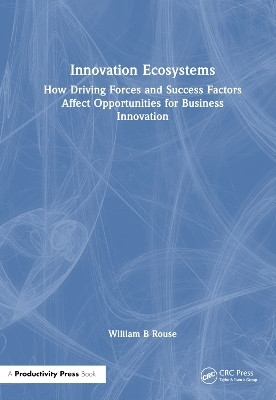Innovation Ecosystems(English, Paperback, Rouse William B)
Quick Overview
Product Price Comparison
This book is about geography, economics, society, and innovation. Why did different regions evolve in different ways? What caused economic priorities and activities to go in one direction or another? The author believes that happenstance played a relatively minor role in this process. There were and are driving forces, as well as success factors. In each ecosystem, ambitious immigrants arrived, displaced native populations, and proceeded to develop and exploit the geography of their ecosystem, which included leveraging water resources for transportation, commerce, irrigation, etc. They often invented the means of development and exploitation, unfortunately including slavery, but also various technical methods, tools, and devices. Inventions that became innovations enabled industries, revenues, profits, and economic growth, initially for the ecosystem and then more broadly. The impacts of geography and economics are profound. Available resources strongly affect the options available for sustainable economic growth. This growth is fueled by technological innovations that are significantly affected by the physical, economic, and social characteristics of the ecosystem of interest. The eight case studies in this book illustrate how patterns of these characteristics impact innovation. They also depict changes over centuries, rather than just decades or years. Today's crises are often just blips in the ongoing evolution of an innovation ecosystem. There are ups and downs, but the physical, economic, and social characteristics of the ecosystems dominate their evolution. These factors largely determine what potential innovations are pursued, who leads these pursuits, and why they think they can succeed. People and organizations dominate the factors influencing success.


